Celebrating Women Entrepreneurs
Microcredit can have a mighty impact on poverty. Since 2005, Whole Planet Foundation has funded 5.7 million microcredit loans to low-income entrepreneurs – mostly women – through microfinance relationships in 80 countries around the world where Whole Foods Market sources products.
Whole Planet Foundation (WPF) is a Whole Foods Market non-profit dedicated to alleviating poverty in the United States and around the globe through microcredit. Microcredit is small loans – usually less than $200 – provided to low-income entrepreneurs for the chance to create or expand a business, often home-based. Since 2005, the Foundation has disbursed $97 million to help alleviate poverty and you can help make an impact, too.
I’ve been so impressed by our collaborators who are true experts in developing programs not just for but with the communities they serve. I have so much fun learning from them when I get to visit, and I try to absorb as much of their spirit and worldview as possible.
Stephanie Mancialgi, Regional Director for the Americas & the Caribbean.
Microcredit in Action: An Interview with Stephanie Manciagli
Whole Story: Who are you, and what do you do?
Stephanie Manciagli: I’m Stephanie Manciagli, I’m from Atlanta and currently live in Central America, in Panama City. Hmm “who am I?”…I’m an avid walker-and-podcast-listener, yogi, bicyclist, and disc golfer. I’m passionate about social and economic justice. And I work for Whole Planet Foundation as their Regional Director for the Americas & the Caribbean.

WS: How did you get involved in international development?
SM: I like to joke how…I came from a multicultural family: my mom is Jamaican, Dad is Italian-American. So, I had already had a background in international affairs before I went to Florida State and majored in that subject. I spent my first year of college studying abroad in Panama and, after graduating, worked for several nonprofits, developing curriculum related to community service projects in the U.S. I didn’t have an exact plan but I knew wanted to work overseas, so I returned to Panama where I interned for United Nations Development Programme while getting my master’s in international development at Tulane. I then made the wonderful decision to take a job in Paraguay with a microfinance organization called Fundación Paraguaya. I helped manage their Poverty Stoplight program, which was working to scale internationally to reach thousands of people worldwide. It was in Paraguay, speaking to Fundación Paraguaya’s clients and staff that I became convinced of the importance of microfinance in people’s lives. After 2 incredible years with them, I began working with Whole Planet Foundation, who had actually been one of Fundación Paraguaya’s donors for the previous decade.
WS: What does a “Regional Director” do?
SM: In my role, essentially, I look for new programmatic partners and I manage our existing relationships. Both of these objectives center on a combination of monitoring partners’ social and financial performance while also strategizing to determine how Whole Planet Foundations funds can best target their most financially and economically vulnerable clients. The average loan size taken by Whole Planet Foundation clients, that is the end microfinance client taking out a loan, is just $175. In Latin America, it tends to be higher, closer to an average of $550…in the U.S. it’s closer to $5,000. Even still, you can see that this is a segment that may have never had access to credit before. So, the difficult and fun part of this job is identifying organizations that can serve this population without requesting any guarantee or collateral. There are thousands of microfinance organizations in the world, but Whole Planet Foundation is looking for niche collaborators that have specialized in using microfinance as a tool to bring in those people excluded from financial institutions and support them in generating income. This often implies other wrap around services like access to savings, financial literacy training, connection to social services, and more.

WS: For those who are unfamiliar, how does microlending work?
SM: Okay, to explain how it works, first I’ll share who is being targeted. Millions of people who live in poverty or precarious living situations can’t just go to their nearest bank and take out a loan. They wouldn’t be accepted as clients even though they have the strong potential for or even experience managing a microenterprise (a microenterprise like street vending, artisan and craft making, sewing, food services, animal husbandry, and trade and so on).
Microlending is customized for this segment to provide individuals access to credit and sometimes savings. There are many methodologies and most involve a revolving loan fund. Traditional microfinance targets women with no form of collateral, who instead forms groups to guarantee one another’s loans through a group solidarity pact. They meet in their neighborhoods regularly, with the microfinance institution present, to slowly pay back their loans on terms beneficial to them. But there are many microfinance methodologies these days. In addition to traditional microfinance, Whole Planet Foundation funds: Asset Finance (allowing clients to buy, for example, irrigation systems on a layaway plan), Agriculture Finance (where microfinance institutions lend seeds to farmers for example), and a program called the Graduation model (targeted at the ultra-poor that are in too precarious of a situation to take out credit).
WS: What do you think is the “philosophy” behind microcredit?
SM: Hmm..If I were to try to boil it down to several words I’d say: ensuring consistent cash flow. A great learning of the past decades is that microfinance is an incredible tool for ensuring clients’ consistent cash flow and that they can use the cash they have on hand to make investments into their businesses and into their families at time-sensitive, crucial moments. In that way, microfinance is a critical component of a more comprehensive strategy to strengthen local economies. Back to the question, I guess the philosophy then is that not having a strong credit history, consistent income, or collateral should not preclude you from making a living for yourself.
WS: Tell us more about the microcredit clients? Who are they?
SM: Microcredit clients have many faces. They can be women in rural areas, baking and selling artisanal desserts. They can be men in busy cities, selling clothing on the side of the road. They can be a farmer who needs equipment lent to them because they can’t pay the whole price of an irrigation system up-front before harvest. Regardless of how they make money, they are taking out loans to ensure that their families have diversified sources of income, consistently throughout the year and trying to create a family safety net. When it comes down to it, these are often savvy, shrewd people who have learned how to make their dollar stretch so they can use their small profits to cover household expenses.
WS: This must at times be emotionally draining work. What keeps you going?
SM: I’m driven by the injustice of the fact that a person born in one neighborhood might find themselves with a set of challenges that seem nearly impossible to overcome, compared to the challenges faced in another neighborhood, or country… This is even more true for women and non-dominant, marginalized racial, ethnic, or religious groups in different countries. And it’s disheartening that there’s this stark discrepancy even though natural skillsets, intelligence, and drive are inherent across peoples and geographies.
But the stories I’ve heard from clients and the larger “industry” are that people excluded from the financial sector live much more dignified lives when they have the capital to keep the “wheels” of their businesses “rolling”. Knowing that clients become more integrated in their communities, create stronger networks, participate more in household decision making…this helps me remain optimistic. Especially when I think of the expertise of Whole Planet’s Foundation relationships. We try to find locally led organizations, who are from the communities that they are serving and have their own stake in strengthening their communities’ resilience and stability. Our relationships make it easy to stay dedicated.
WS: Do you have a favorite story from your time working in the microcredit space?
SM: I mean, speaking to clients after the strict Covid lockdowns and quarantine was powerful. When global cases were low in late 2021, I visited some of our collaborators in Paraguay and Guatemala. Despite the unique geographies and contexts, they had similar stories to share. Lockdowns were unimaginably hard, but the women I met with shared that being a part of a Village Bank (a women’s committee) gave them a network they wouldn’t otherwise have had. They kept in touch through WhatsApp during quarantine and, essentially, agreed to continued “mutual aid” in very dark times. For example, they collected ingredients from any neighbors that could contribute to cooking community meals. Anyone who needed it could be fed. They held bake sales to raise money for the womens’ families that most needed support: to pay medical bills, and other emergencies that came up during the pandemic. They became patrons of one another’s businesses and referred their friends and family to one another. They held community halls when their governments weren’t doing so.
I’ll add that, equally important, they negotiated flexible repayment terms on their outstanding loans and pivoted into new business plans to adjust to Covid. They worked hand in hand with their microfinance institutions to share their realities and ask for what they needed. And these institutions stepped up. These microfinance institutions look to their clients and take co-responsibility for their success. Just as these women committed to solidarity between each other, these organizations – like Whole Planet Foundation’s other global relationships, remained in solidarity with their clients. It’s incredible to hear about and to celebrate the achievements of these women, these microentrepreneurs who have the ingenuity, drive, and intelligence to create viable businesses but are not given the same opportunities as other entrepreneurs that just have different profiles.
WS: How would you convince someone reading this interview to head over to the Whole Planet Foundation website and donate?
SM: Every dollar donated to Whole Planet Foundation ends up in the pocket of a person that will invest their loan into their business or who receives a tangible asset that will help them generate income. They are often working side by side with a dedicated loan officer to promote their product, hone their craft, manage their books, and use their profits wisely. Donating $500 could mean that a woman in Honduras or Ukraine or..Nigeria…can keep her store’s inventory stocked throughout the year. With experience and time, she’ll gradually be able to take bigger loans to maybe widen her store and make larger investments, to ensure that her family has a stable source of income.

WS: What do you love most about your job?
SM: It’s a hard job and I love it. I’ve been so impressed by our collaborators who are true experts in developing programs not just for but with the communities they serve. I have so much fun learning from them when I get to visit, and I try to absorb as much of their spirit and worldview as possible. Everything these do is in efforts to ensure their clients’ success. They embody the belief that even the poorest microentrepreneur has the ingenuity, drive, and intelligence to create viable businesses. I, really we, at Whole Planet Foundation, are honored to be betting on these relationships and these clients, who are mainly women, and who continue to impress us every year.
Community Builders: The Field Credit Officers
Gloria Kilamwegula, Tanzania
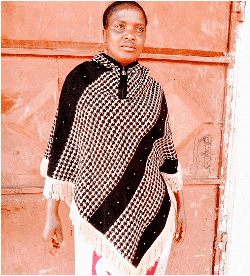
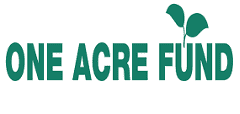
Soon after completing her secondary schooling Gloria got involved in agriculture to provide her family with food. In 2018 she secured a Field Officer job with One Acre Fund and has since been an impact champion in her village by helping more farmers to harvest twice as they used to harvest. This result is due to the agricultural training and dedicated follow up with farmers.
Jane Nadungkura Naimirdik, Kenya
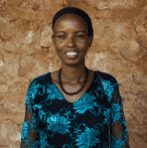
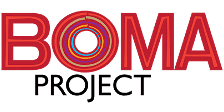
Jane uses her unique perspective as a BOMA participant turned mentor to empower hundreds of women in Northern Kenya. As BOMA’s longest serving mentor, Jane plays a key role in implementing our poverty graduation approach. qJane’s impact is perhaps so powerful because her life was also transformed by REAP, as one of BOMA’s first participants. After graduating, Jane decided to share her skills as a successful entrepreneur.
Jeannique Munezero, Rwanda


Jeannique works effectively and honestly. Her communications with the borrowers, colleagues and commitment to BRAC values are the main keys of her success. She is a role model for her clients and colleagues. She surveyed almost all households in her cluster and is managing 12 groups with 275 borrowers well to ensure a high-quality portfolio. She always strives to learn from others to develop herself. BRAC selected Jeannique as this year’s nominee after an in-depth process with engagement branch, area, and regional staff, as well as client feedback.
Mary Mbewe, Zambia

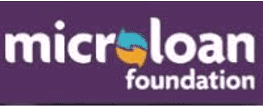
Mary goes the extra mile in serving her clients. For example, during community sensitization in a village called Mutumbi, she noticed that women who were not financially independent were mostly victims of physical, emotional, economic abuse perpetrated by their spouses. They were afraid to lose their source of livelihood through the spouse. In client trainings Mary showed the women that with microloans they could start small businesses. She engaged traditional leaders who helped raise awareness amongst men. Currently, GBV cases have reduced in Mutumbi while the women’s businesses are thriving. Others have diversified into farming. Mary has a very positive attitude towards work and her teammates. She remains optimistic when faced with challenges. She speaks passionately about how she has seen her clients’ lives improve through the services offered by MLF Zambia. In her nomination, she was selected as top performer both on the technical knowledge of the job and soft skills as well
Achan Vicky, Uganda
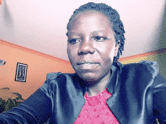
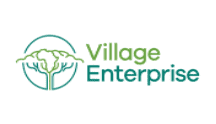
Vicky excels as a business mentor. She often produces innovative ideas to support her fellow entrepreneurs. 70% of the businesses she mentored have been rated “green” (high achievement) at graduation. Her passion to work with those living in vulnerable situations comes from a challenging past. She lost her father at the age of 7 and married at the young age of 16. Her life was full of uncertainty until she joined Village Enterprise. She draws from her life story to motivate others so that they can also create a life they have dreamed of. qVicky is a 6-time winner of Village Enterprise – Northern Uganda’s “Employee of the Month” award. Throughout the nomination process for the FOA award, multiple field staff and line managers were consulted. Vicky was consistently nominated,
Ca Thi Hiem, Viet Nam


Hien has been dedicated since 2013 as a Community Credit Officer (CCO) at Muong Ang branch, a poor rural district. During the past 9 years, when rotating among communes, she has adapted very well and quickly various geography, culture and habits of the partners (Anh Chi Em considers its “client” as “partner” because we respect and appreciate them) that ACE serves. During 2021, she keeps the repayment rate over 99%, the portfolio at risk (PAR) 30 rate at 0% by her effort and desire in making a positive change in the community. She takes responsibility to manage over 400 partners (over 100 partners than expected). During the pandemic lockdowns, she still called to remind partners to save money and motivate them to overcome the difficulties. Her manager highly evaluated her for always following the rules, taking care of partners, being willing to help co-workers and desire of not leaving anyone behind.
Khin Win Shwe, Myanmar


After starting in 2019, Khin Win Shwe quickly grew her portfolio over 70% while maintaining low risk and PAR under 1% to handle 349 clients as well. Her managers at the Hopong branch applaud her for always keeping up with the details of clients’ lives and making sure they are supported. The biggest achievement for her is the smile on her face when she is going to the client’s home. We cannot stop her smiling face when she sees her client’s growth. She carefully listens to what the client wants and needs. The way she communicates with her clients, community leader, local respectful person is totally outstanding.
Shubhadra Bakhariya, Nepal


Shubhadra has been working here for 3 years at the Kailali branch. In 2018, Shubhadra started her journey with Pollinate Group as an entrepreneur. By excelling in her entrepreneurial journey, she was offered the position of an Area Manager with Pollinate. While Shubhadra manages 32 entrepreneurs, Shubhadra caters to almost 15,000 people across 35 villages in Kailali. Since Shubhadra started her journey as an entrepreneur herself, she foresees most of the challenges be it product, sales, or managing customers and is always ready to help the entrepreneurs. One of Shubhadra’s clients, who is an entrepreneur today shares, “I approached Shubhadra and told her that I would like to feel empowered like her. I asked her if there were any opportunities for me. This was more than a year ago. Today, I am able to inspire more women from my community to become entrepreneurs with Pollinate Group.
Desna Sari, Indonesia


Desna Sari who joining KOMIDA since 2018 is good to accompany her client. She manage 293 clients and support them to achieve their needs. She still excellent to manage low risk with PAR 0% while her portfolio is higher than other colleagues in the Takengon Branch. Desna braces her clients to access KOMIDA’s product, especially sanitation loan. She know that KOMIDA’s product help her clients to meet their needs.
Sirichon Phonjarern, Thailand


Sirichon has been working with the Small Enterprise Development Co., Ltd. (SED) for more than 9 years. At the present, she is responsible for and serves 21 village banks with 897 clients (176 males and 721 females). She has dedicated her time to coach and deliver all relevant services for the village banks continually, especially during the spread of the Covid-19 pandemic. Moreover, she contributed to the formation of many new village banks making the company achieve its goal in the last year. Because of hard work, she is able to maintain low risk and PAR under 3% as well as won a majority vote to be nominated in this award.
Tran Thanh Sanities Thuy, Vietnam
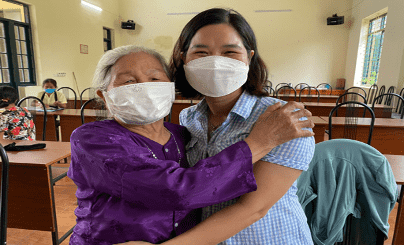
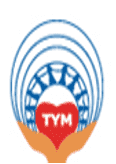
As a credit officer of TYM Soc Son branch, Hanoi for more than 15 years now, Ms. Thuy is managing 600 members and customers. In 2008, Ms. Thuy volunteered and successfully opened a new location in Thai Nguyen province (now it has become TYM – Thai Nguyen branch). As the Chairman of the Red Cross Volunteer Club of Soc Son district, Thuy has participated in many activities such as blood donation, charity fundraiser, and donation of necessities for people in need during time of Covid-19.
Noulex Sayyasith, Lao PDR

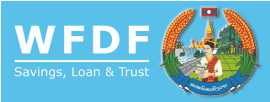
Noulex Sayyasit has been working as a part of WFDF since 2017, in the Meung Feung Branch in Vientiane Province. She is responsible and patient with clients despite the challenging covid-19 pandemic. She has demonstrated dedication to her job especially with the quality of the loans for her branch. She also helps her colleagues and exchanges her ideas to solve the problems to do with the changing economy of customers. She encourages and supports customers to find distribution channels and change the way they sell products through online media.
Sarai Elizabeth Navarrete Garcia, El Salvador


Saraí Elizabeth Navarrete is 31 years old and has a 7-year-old son who she lives with in Cojutepeque. She entered ASEI 4 years ago as a loan officer for Grameen Bank loan clients. She currently has 5 Centers of Attention, with 332 clientes, 100% women entrepreneurs with low income, who she supports with credits for agriculture loans or small commerce loans. She is very capable in training her groups and makes herself available to sacrifice herself to get to some of the most difficult rural áreas, unable to be reached by car, just to reach clients. She is a natural leader with commitment to her clients…she has participated in medical visits, delivered masks to those without during Covid. When a family member of a client dies, she finds ways to help that family. All of this has made her relationship with her clients very close and she is with them for their needs beyond credit.
SaMaría Delfina Berdúo, Guatemala


Delfina has worked at Friendship Bridge’s San Marcos branch for five years, where she currently serves as a Credit and Education Facilitator. After beginning in her position, she quickly grew her portfolio from zero to 530 clients – due to this growth, she created an entirely new portfolio. The focus of Delfina’s position is managing groups of 30 women through the group credit methodology in areas that are highly susceptible to migration to the United States. Yet, due to Delfina’s background as an indigenous, bilingual woman from the same area as her clients, she can provide an understanding and knowledge of the needs of her clients, as well as bring them hope when they are so desperately looking for development. During the onset of COVID-19, Delfina developed video and voice recordings to inform and educate clients regarding the seriousness of the pandemic. She also made hundreds of calls to not only give advice regarding clients’ loans and incomes, but to also provide the emotional support so many clients needed. With a repayment rate of 98.5%, Delfina has delivered financial and educational services to hundreds of indigenous women in new places throughout her region – and because she can connect deeply with her clients through a shared language and culture, she is empowering Guatemalan women to build better lives.
Beatriz Machado, Brasil
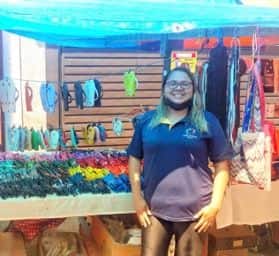
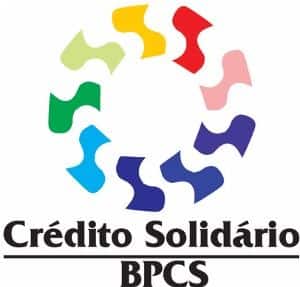
Beatriz has been working as a credit agent for 5 years at Banco do Povo, working in the city of Diadema, one of the cities with high numbers of poverty and violence in the metropolitan region of São Paulo. She currently accompanies 528 informal entrepreneurs, 71% of whom are female heads of households, through microcredit we are empowering women and generating their autonomy.
Community in Action: Photos of Borrowers from Around the World
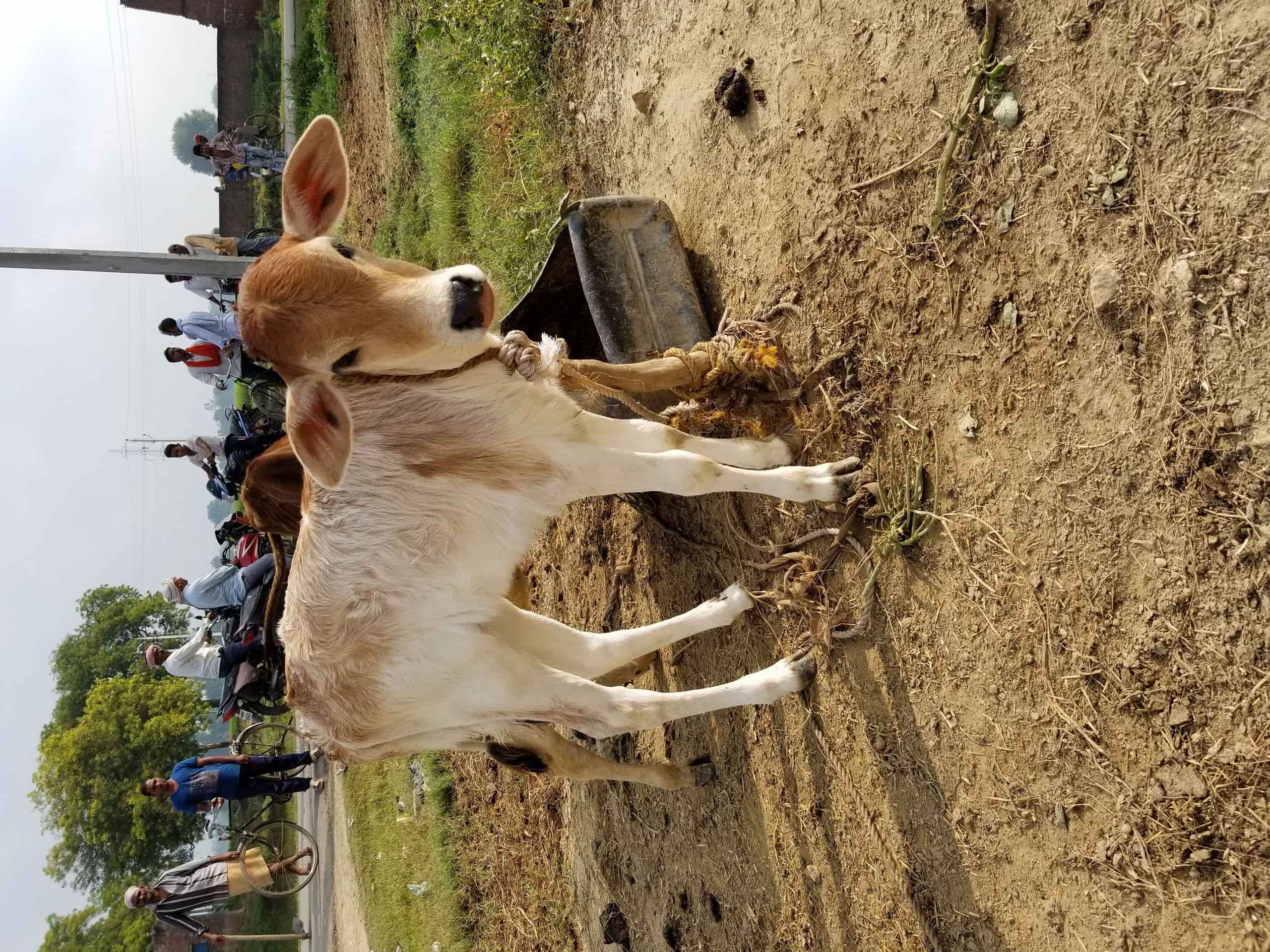
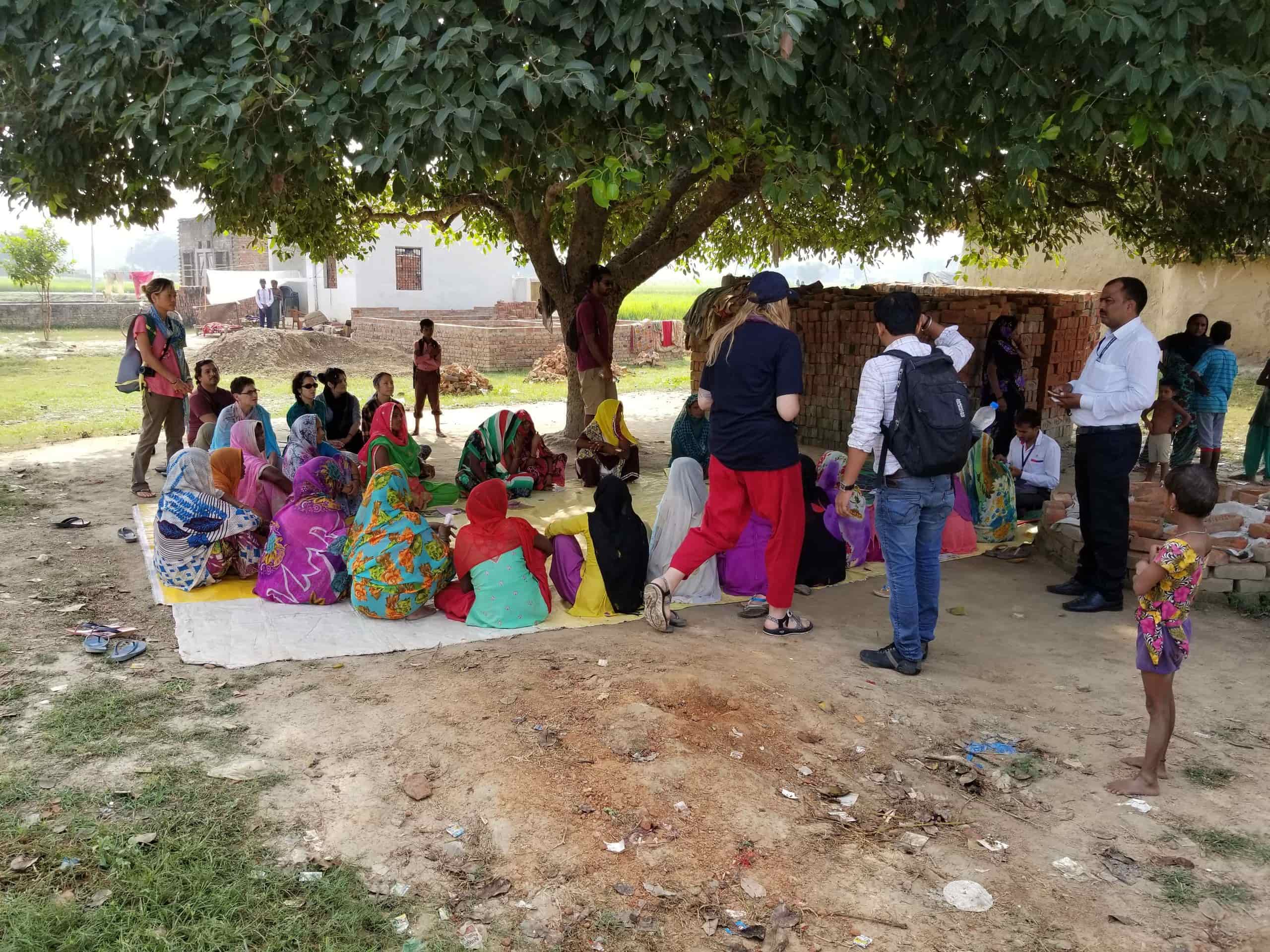
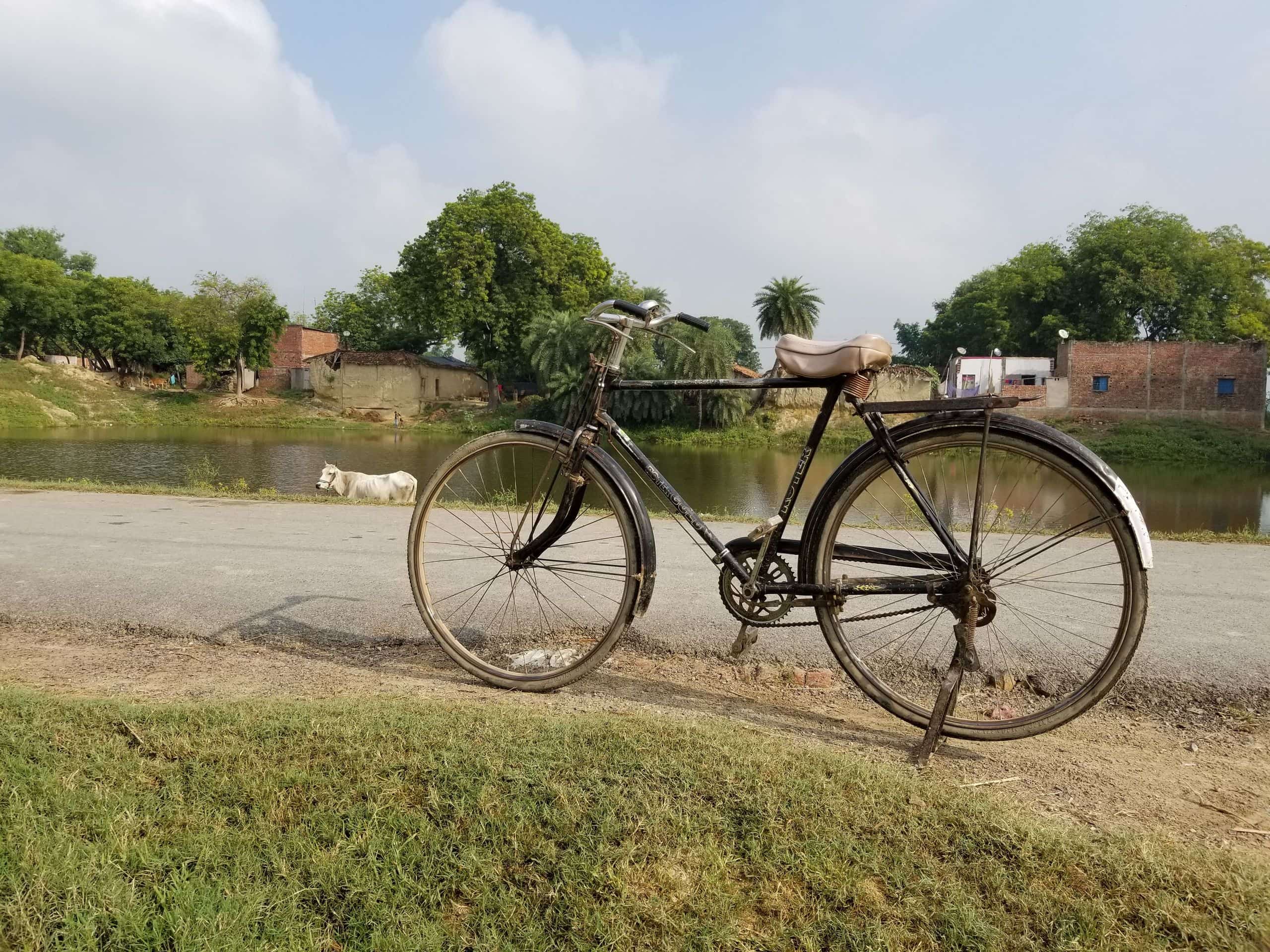
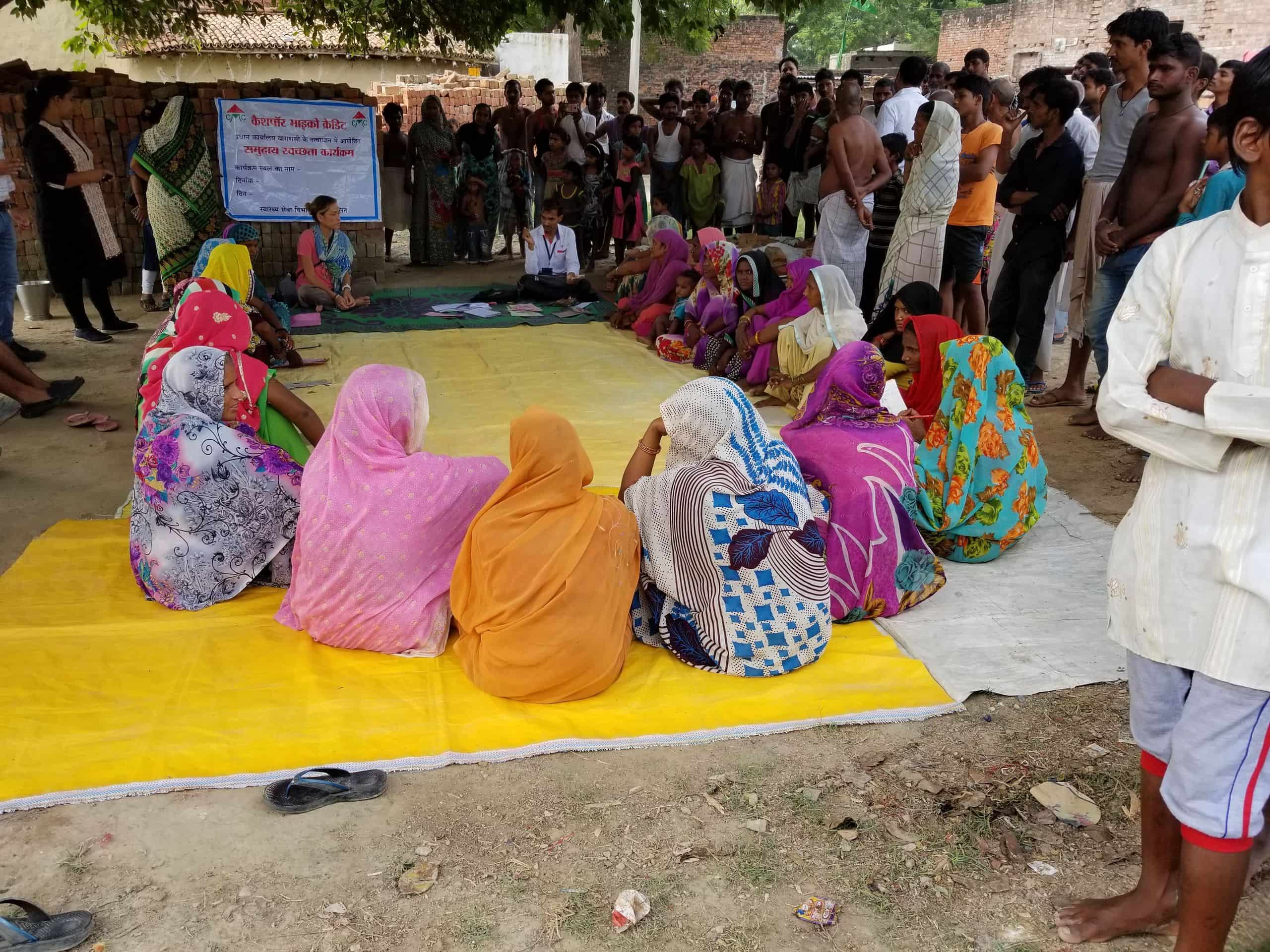
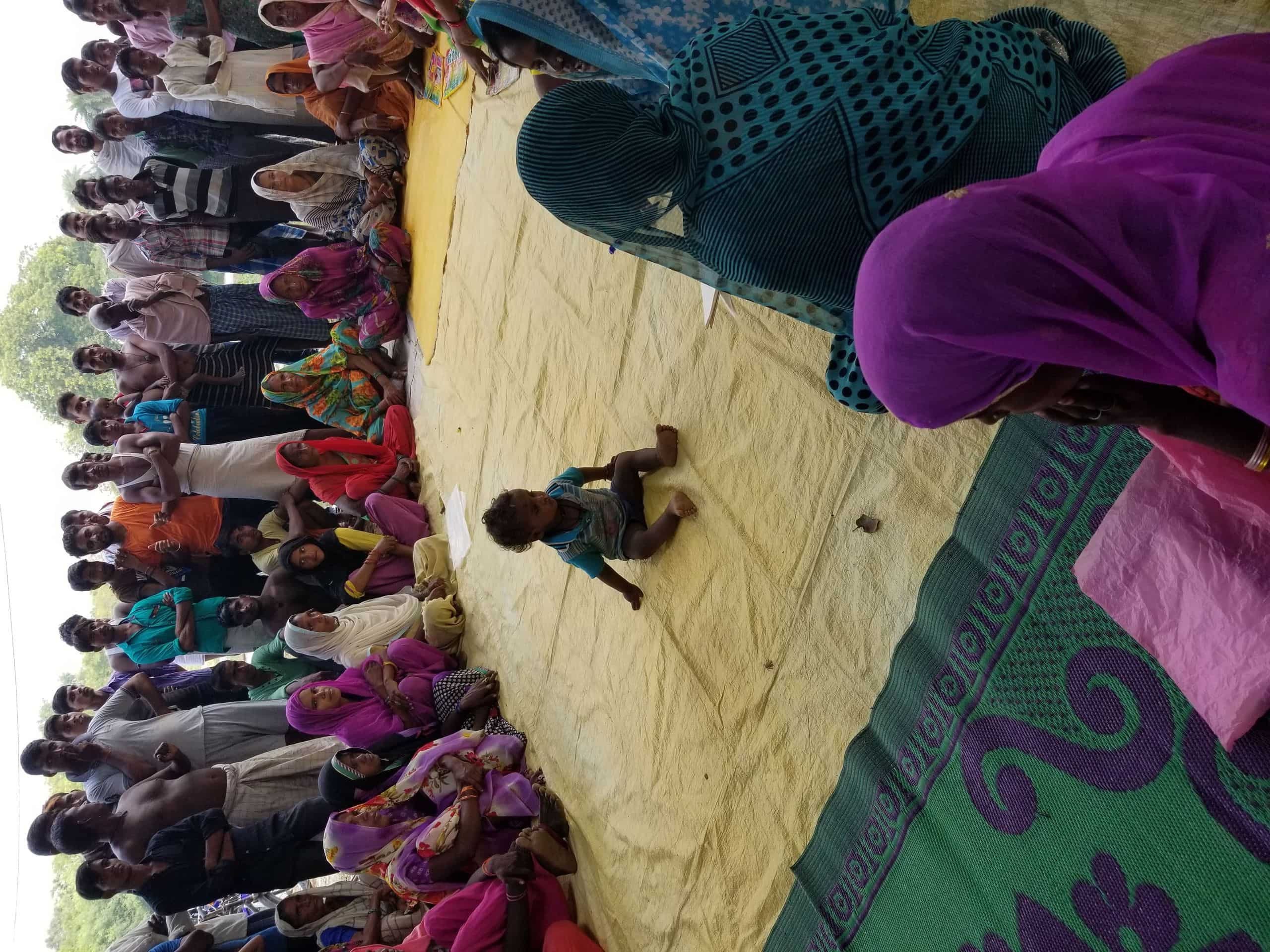
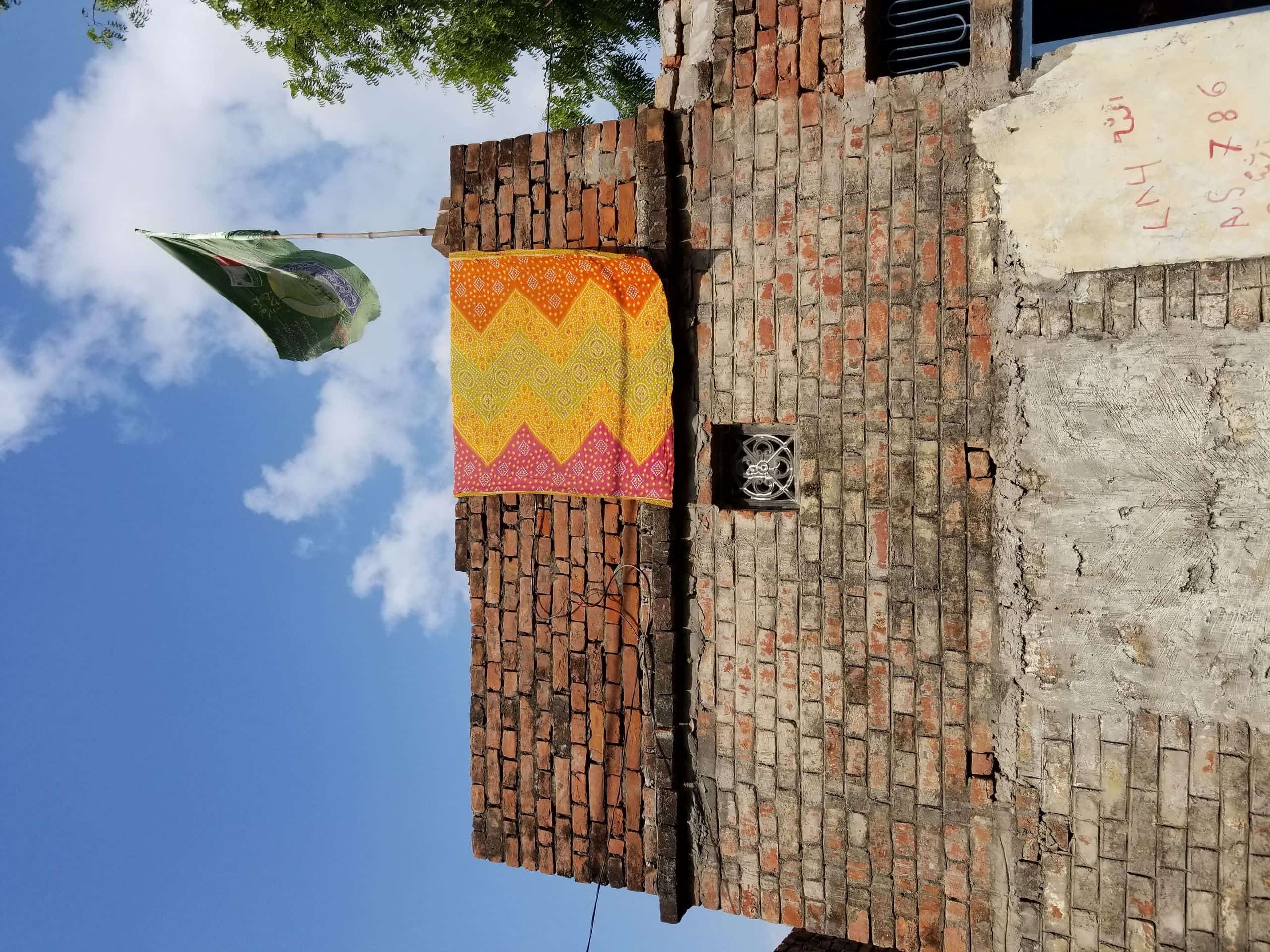
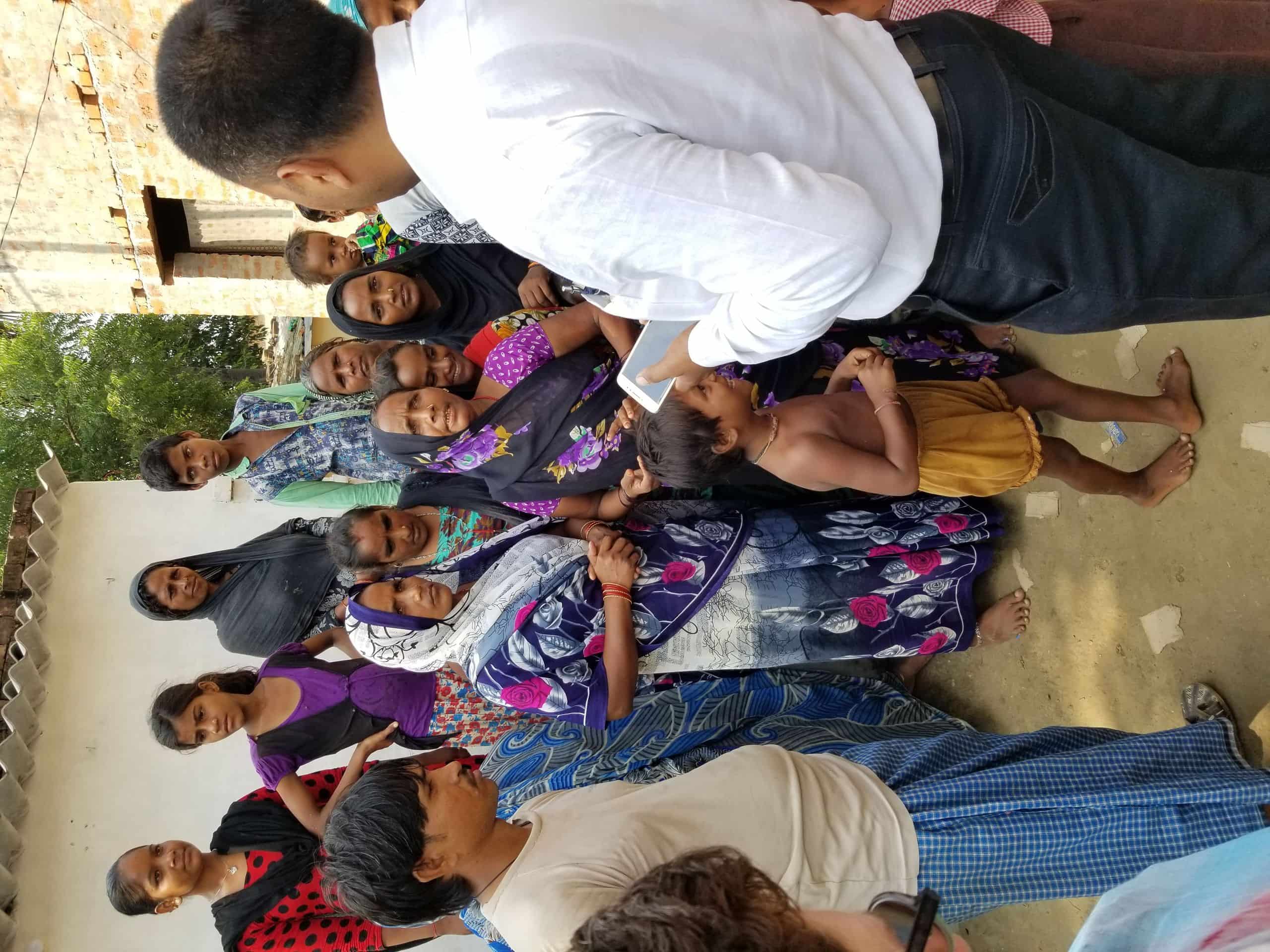
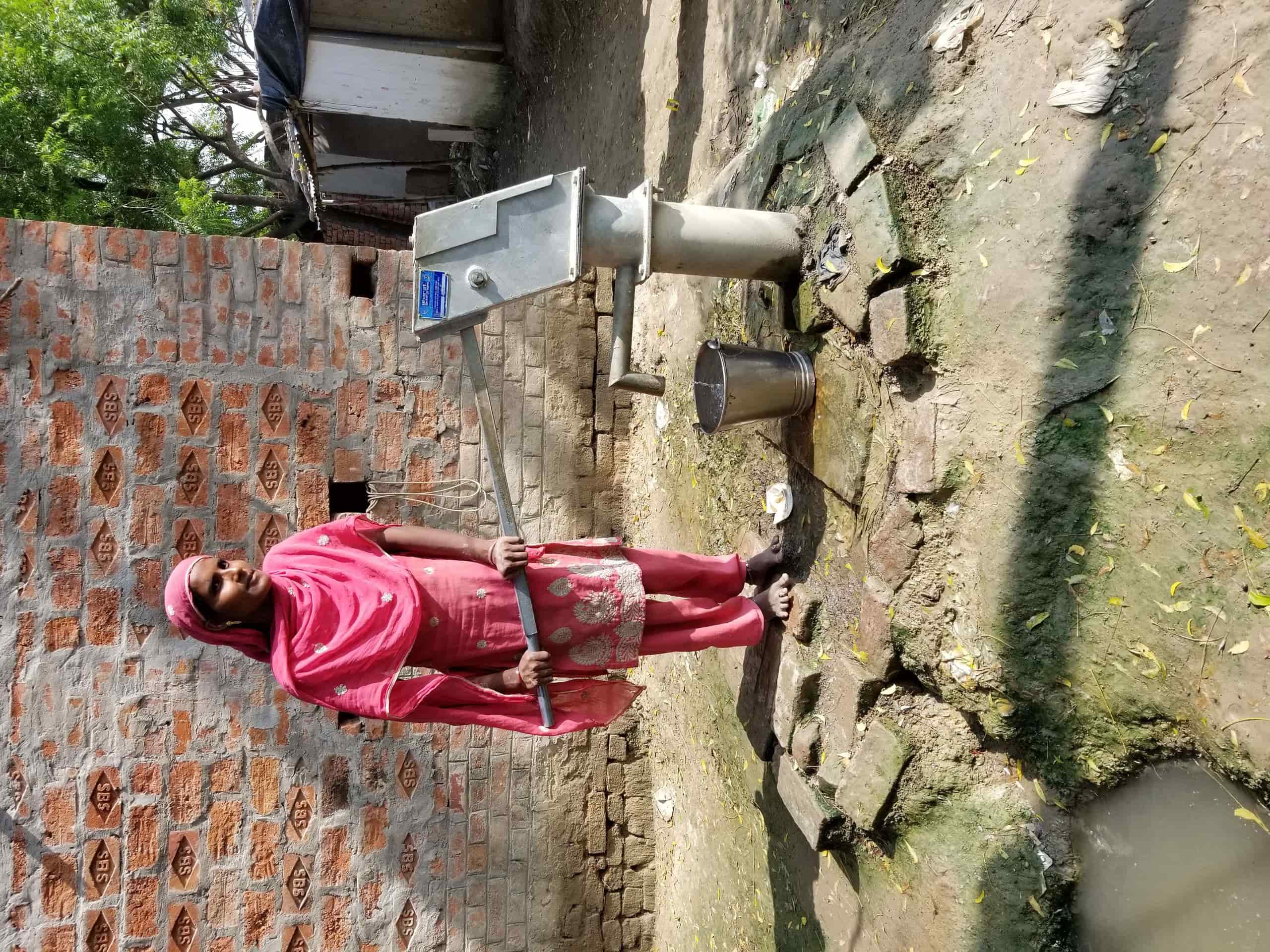
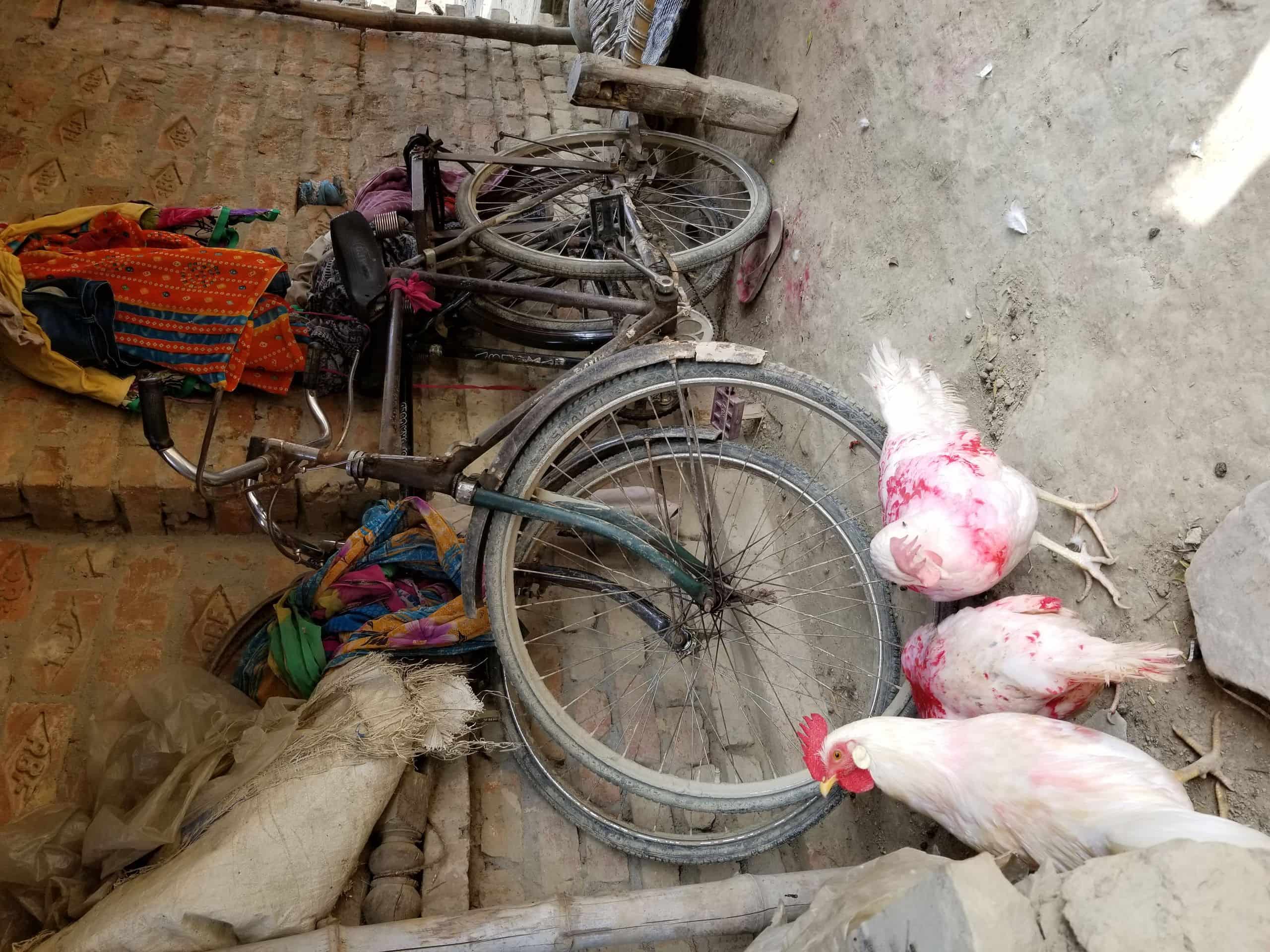
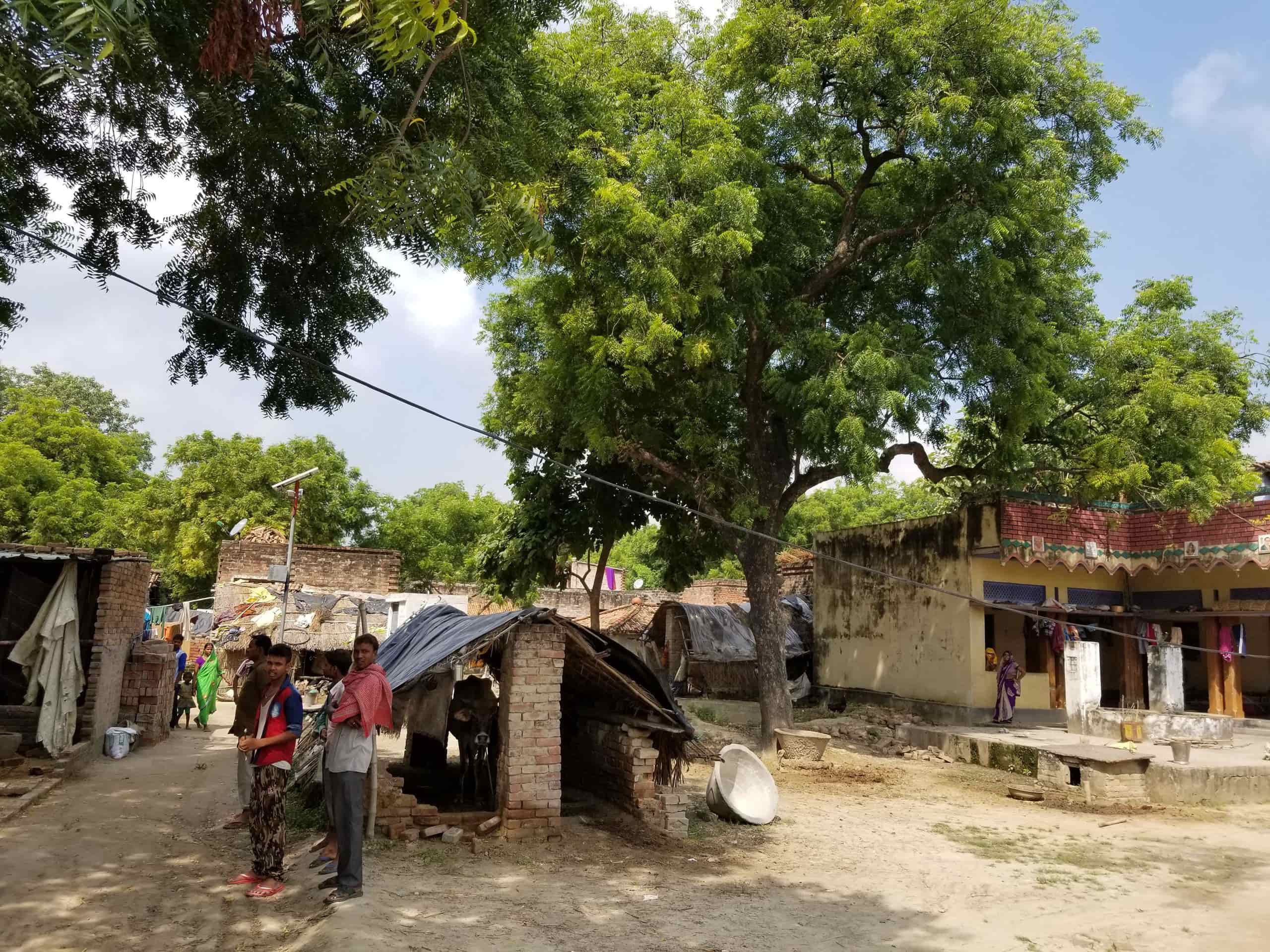
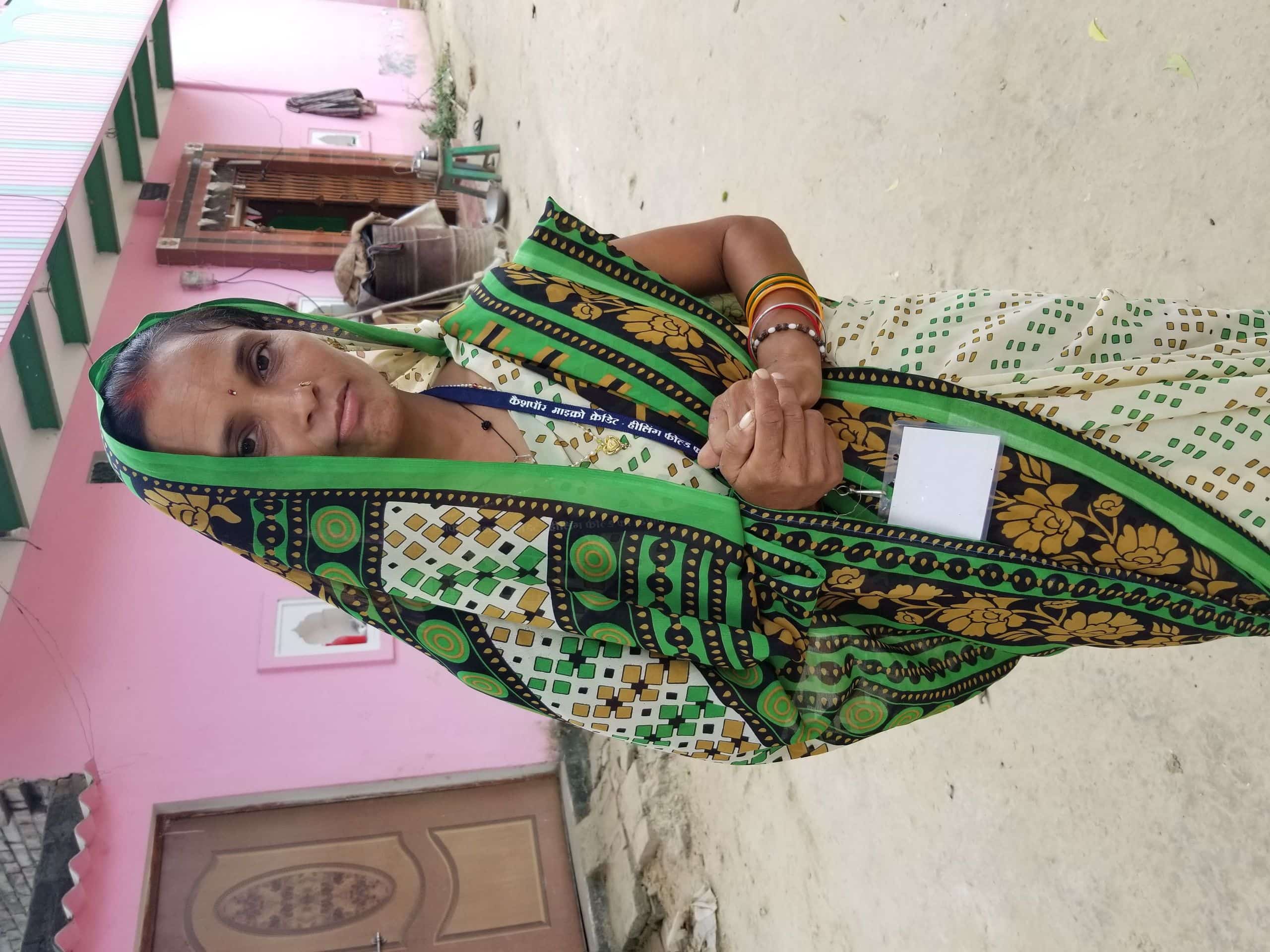
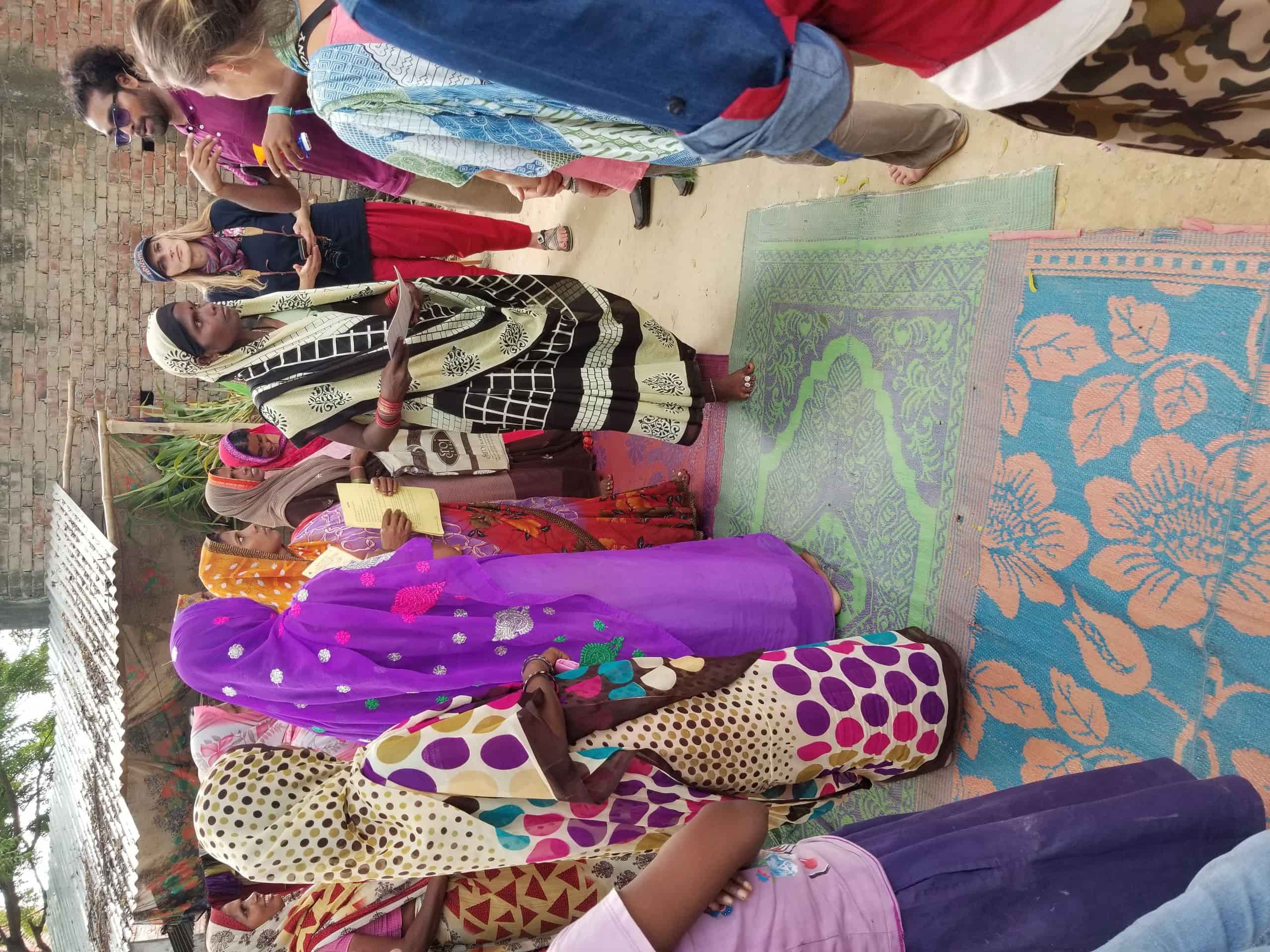
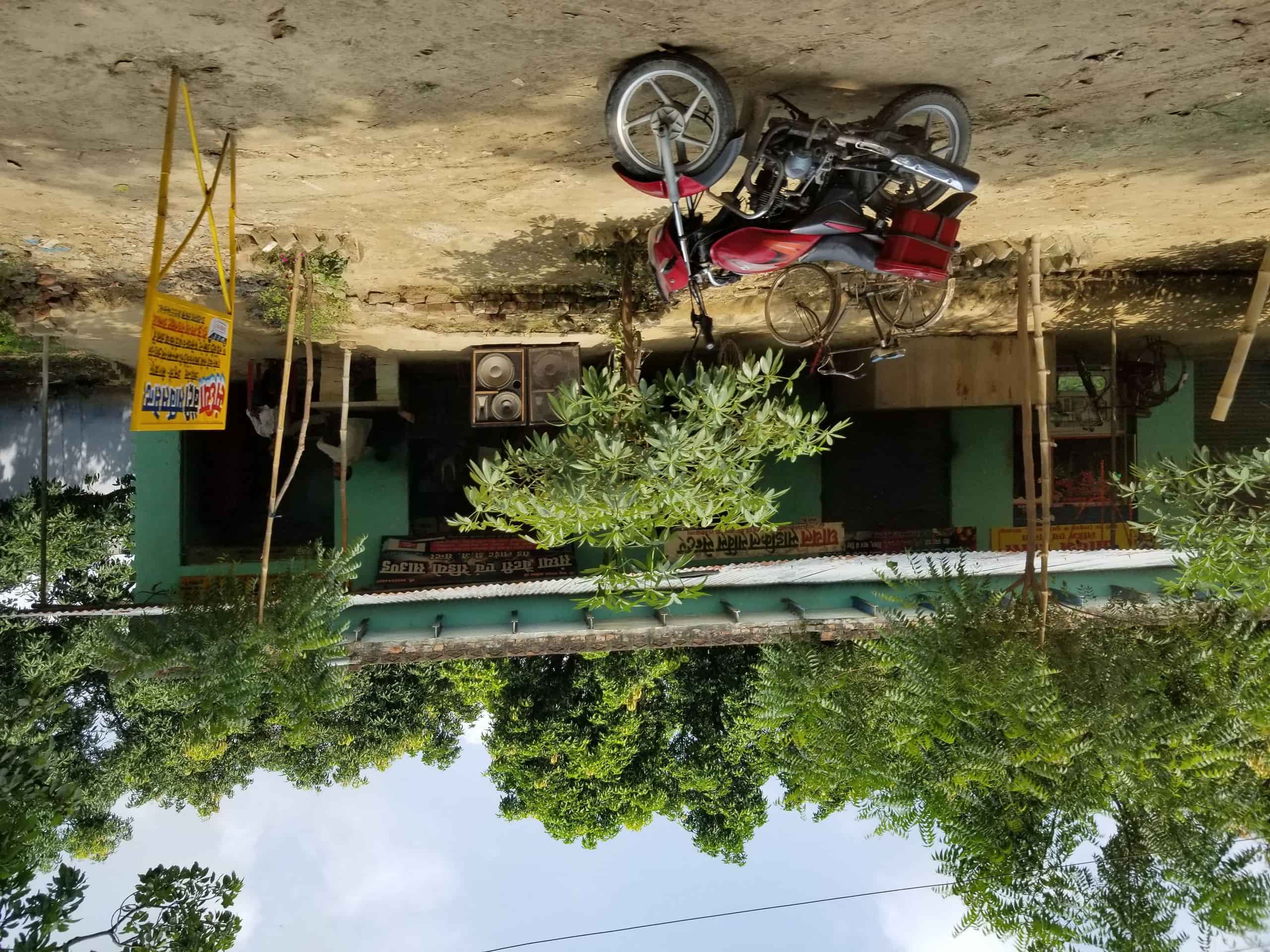
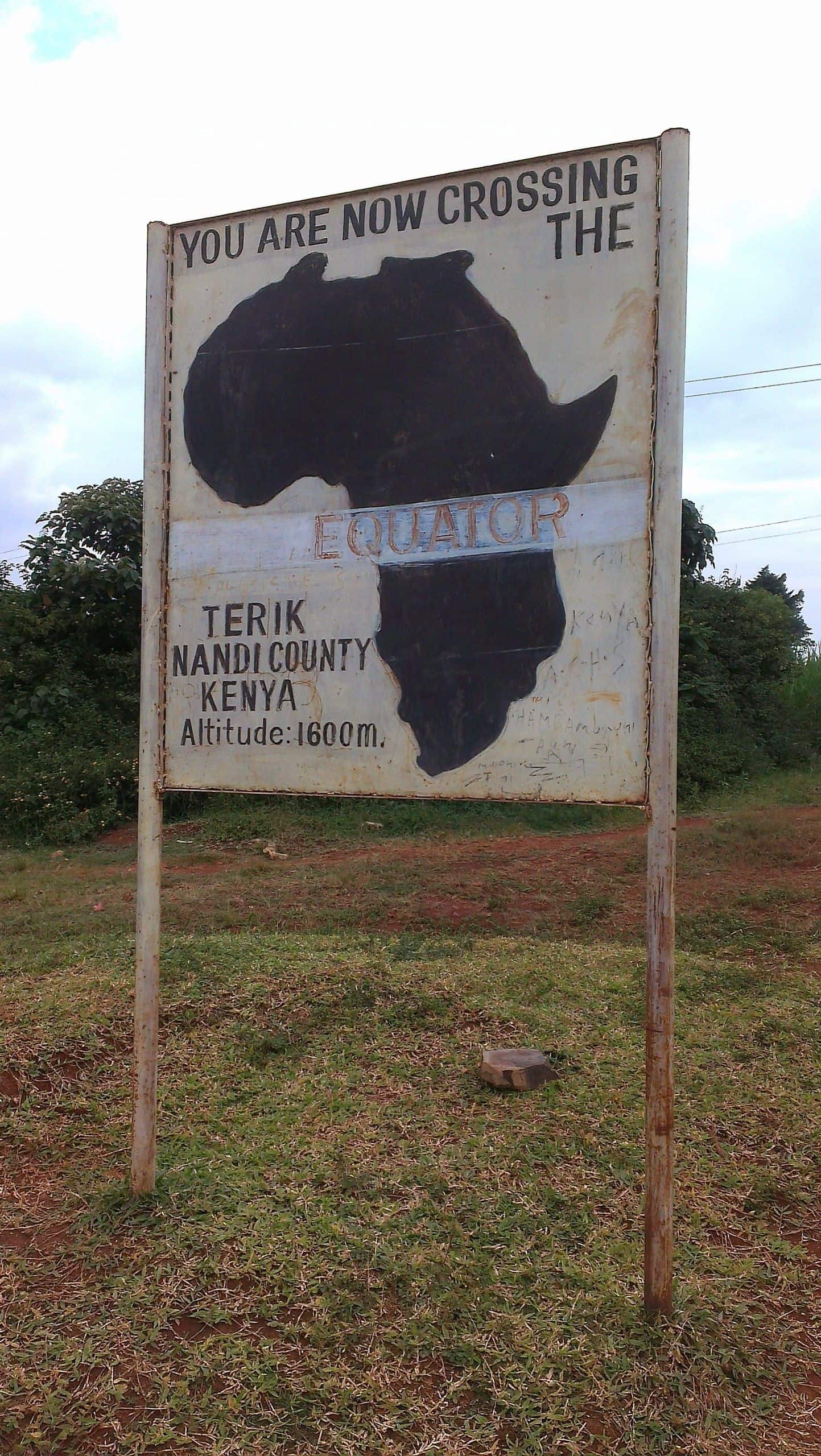
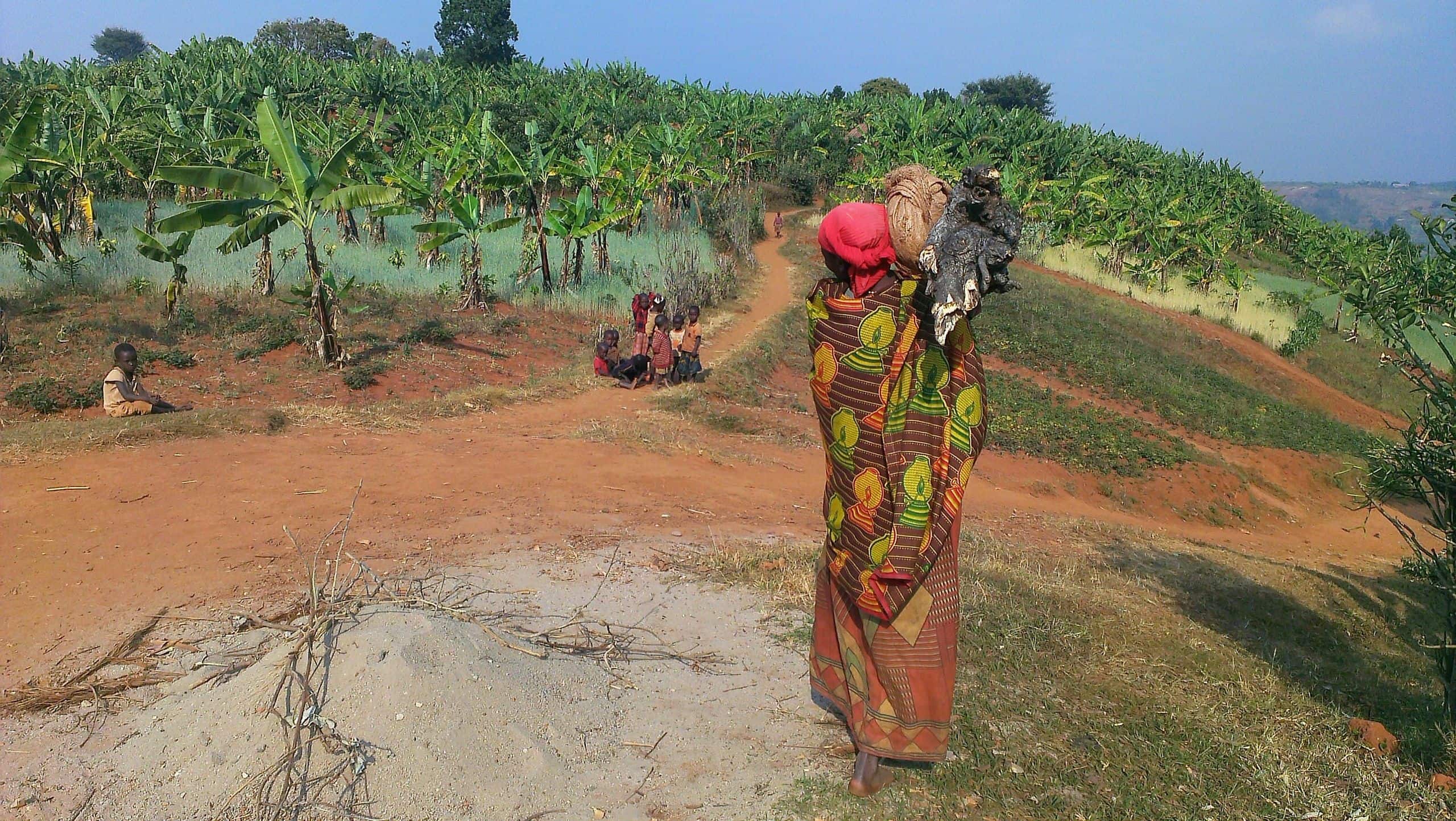
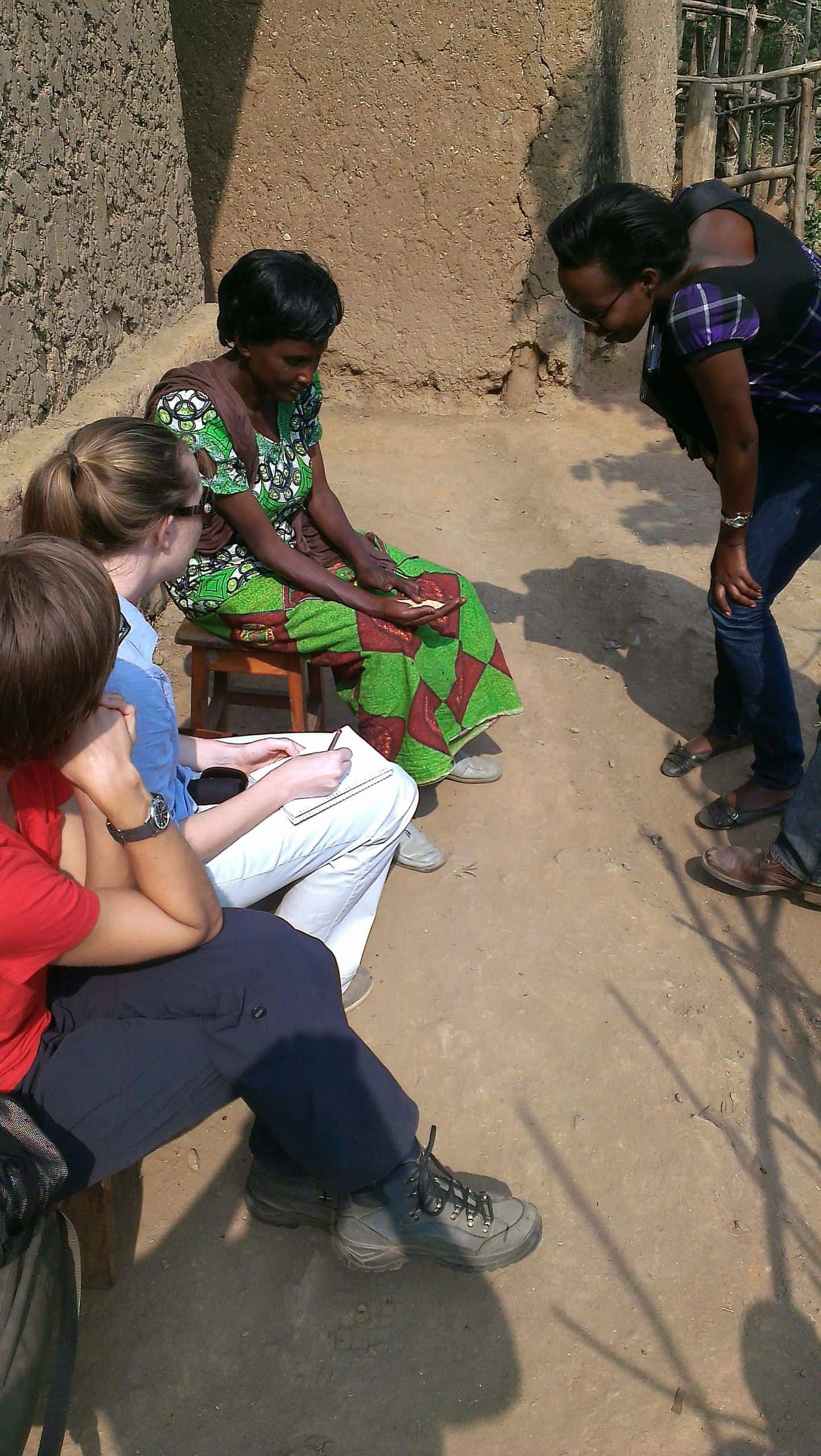
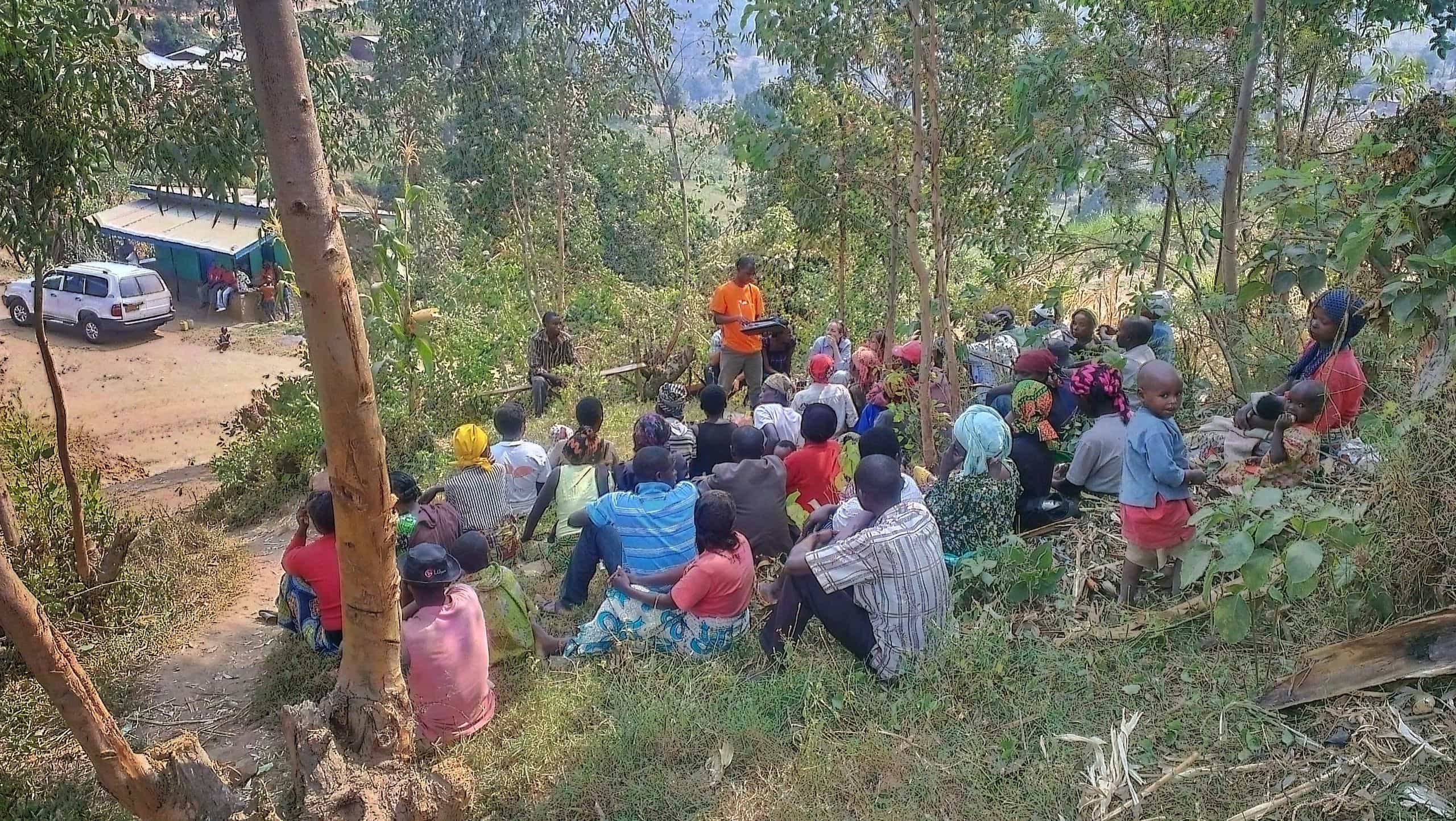
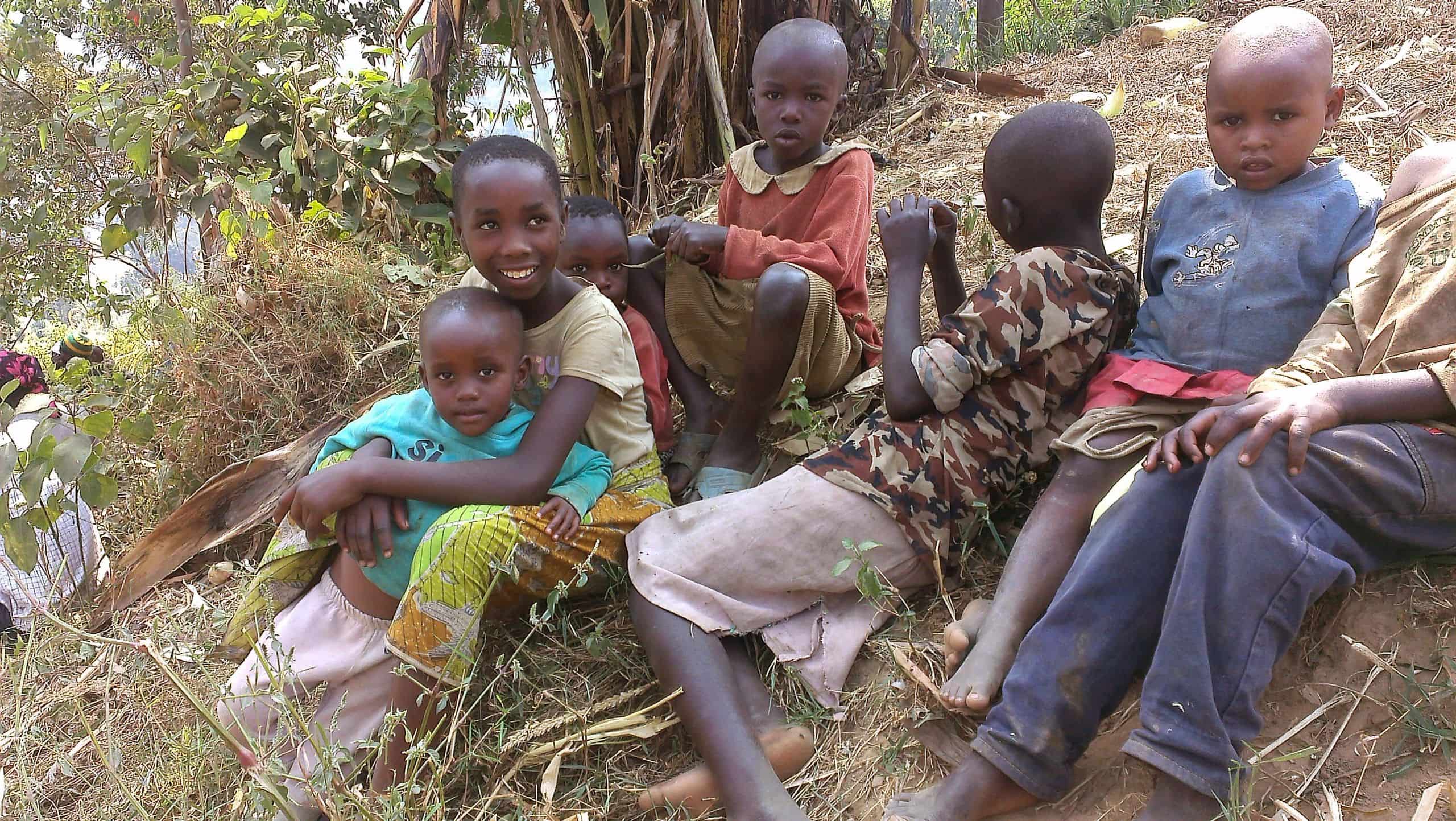
Irma’s Story
Microcredit: By the Numbers
